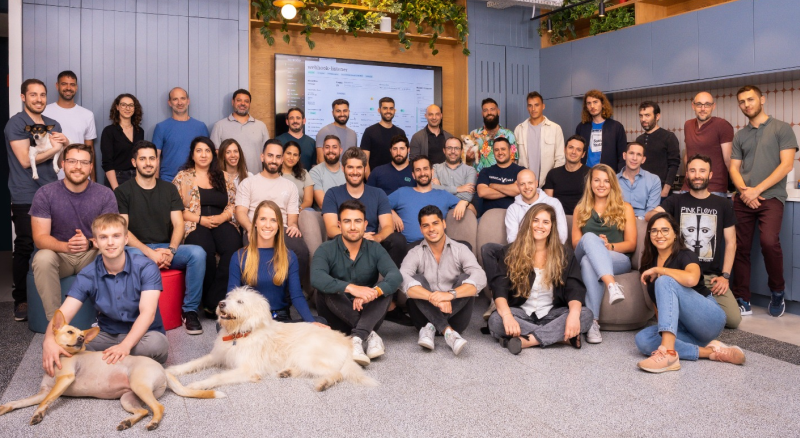In less than a year, since emerging from stealth mode with $25 million, Komodor, the platform for continuous dependability devoted to Kubernetes has announced a $42 million Series B round.
Tiger Global led the funding round which also included participation from Accel, Felicis, NFX Capital, OldSlip Group, Pitango First, and Vine Ventures.
This brings the company‘s total funding to $67 million.
In the previous nine months, Komodor’s revenue has increased by 700% and its internal workforce has tripled to 50 with aspirations to reach 100 by the end of the year. The company is now seeking to accelerate its current growth.
The Kubernetes emerged from Google’s open-source vaults in 2014. Containers, in essence, are software packages that “contain” all the requisite components for enterprises wishing to deploy their applications across multiple infrastructures and help address the challenge of getting the software to function properly when moved between environments.
Kubernetes, on the other hand, enables businesses to automate a number of the manual procedures required in managing containerized applications and to handle software upgrades at a faster rate. However, if something goes wrong throughout the process, it might take DevOps teams a considerable amount of time to determine where the error occurred.
Komodor’s automated approach to incident resolution speeds response times, decreases mean-time-to-resolution (MTTR), and enables development teams to tackle problems autonomously and effectively. Daily, millions of Kubernetes events are ingested by the platform, and then the essential insights are baked directly into the platform.
The firm has just developed Playbooks & Monitors, which will notify operators of emerging issues, identify their fundamental cause, and give straightforward repair instructions.
“There’s a real challenge with day two operations when it comes to Kubernetes,” said Itiel Shwartz, CTO and Co-Founder of Komodor. “Troubleshooting Kubernetes and resolving incidents at scale can be overwhelmingly complex. Komodor’s platform bakes in all of the necessary intelligence and expertise required to make any engineer a seasoned Kubernetes operator.”
Investors including Accel, NFX Capital, Pitango First, OldSlip Group, and industry-leading angel investors: Jason Warner, CTO of GitHub; Mike Tria, Head of Platform at Atlassian; Danny Grander, Co-Founder of Snyk; Tomer Levy, CEO of Logz.io; and others.
Ben Ofiri, CEO and Co-Founder of Komodor, stated, “We’re expanding tremendously quickly in tandem with Kubernetes’ enormous adoption.” “Since Series A, we’ve tripled the size of our staff, and we want to do it again before the end of the year. Talented engineers investigate all the ways things might go awry in Kubernetes, and this expertise is packaged into automated playbooks for the benefit of our clients.”
According to the most recent State of Cloud-Native Development Report, Kubernetes has had remarkable growth over the previous 12 months, with 5.6 million developers already utilizing the platform. This is a 67 percent raise over the previous year. However, despite their rising popularity, the difficulty of utilizing and deploying containers remains the greatest obstacle.





